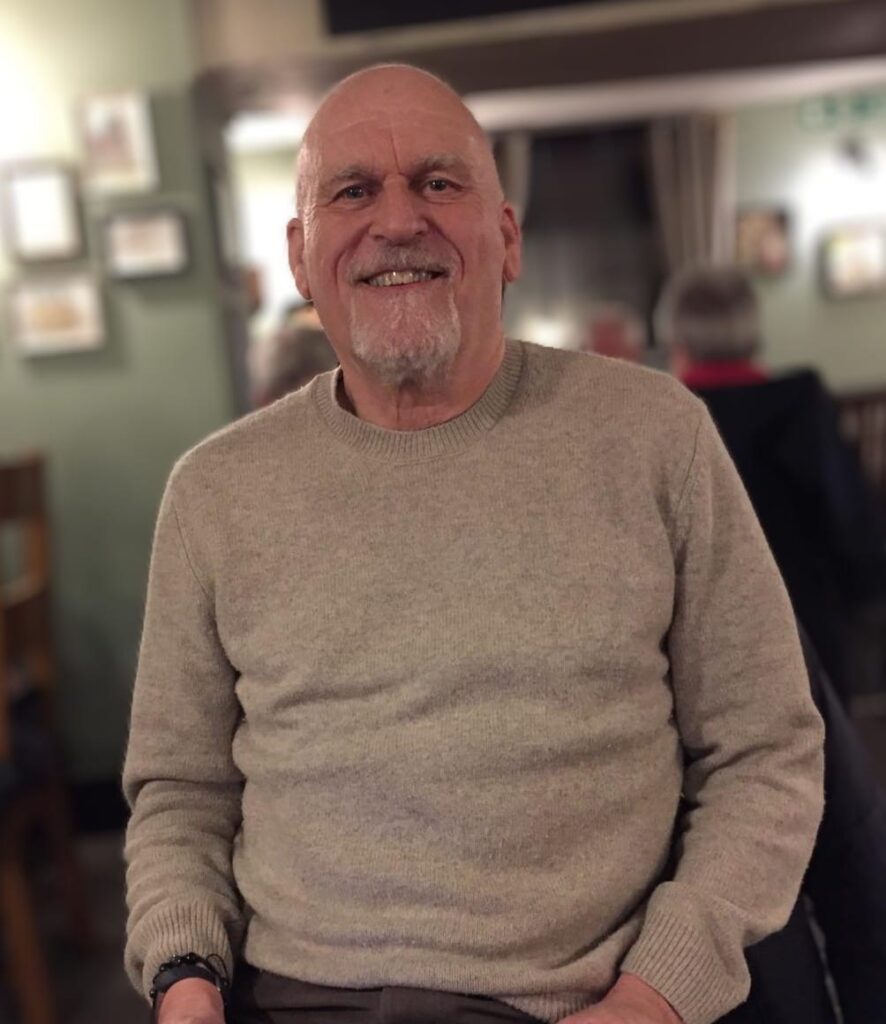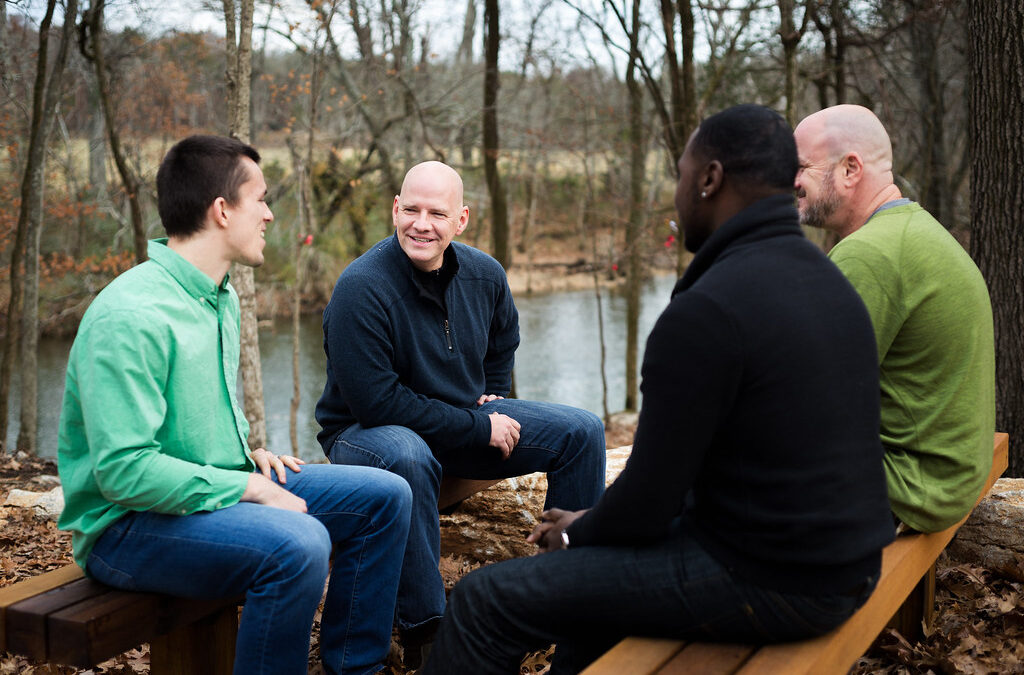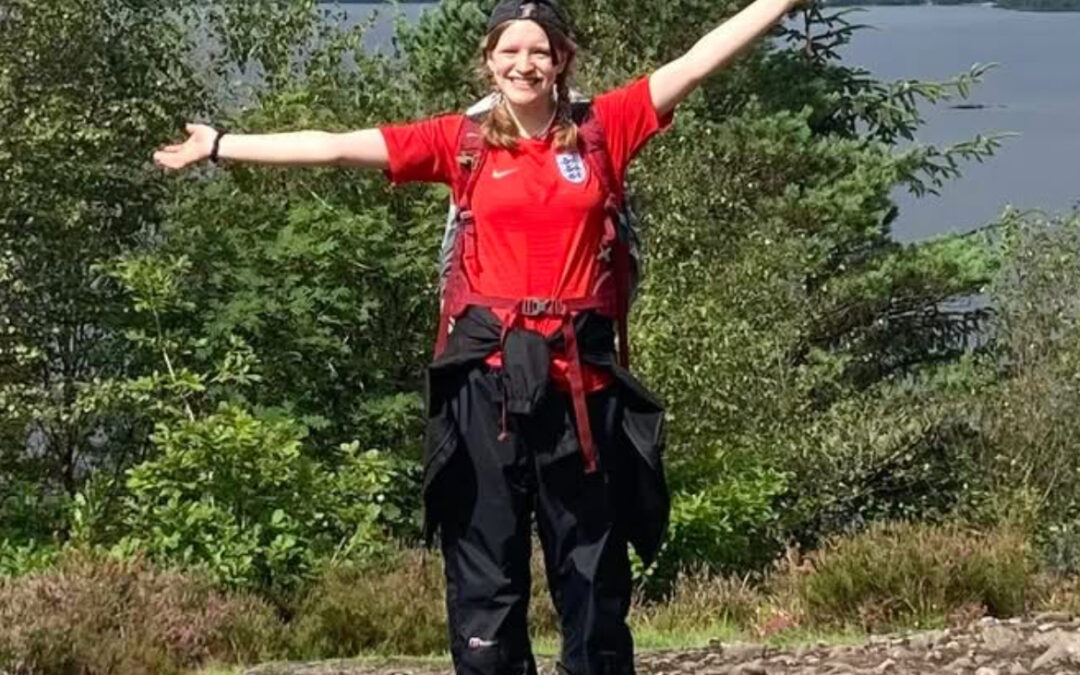A simple drive, a quick pub lunch, a trip to the seaside. To most, an everyday occurrence, nothing of note, a mundane day out. But to hospice patients, these are life-changing events, bringing joy and excitement to their final days.
Every week, across the UK, ordinary people give up a few hours of their time to do something extraordinary, driving some of our most vulnerable neighbours to a few hours of daylight, fresh air and companionship.
It’s a simple act, but for hospice patients facing terminal illness, those drives can mean the world.
Volunteer drivers become much more than chauffeurs to these patients: they become lifelines, companions, and tiny sparks of joy in a challenging season of life.
Ged Callaghan is one of these unsung heroes, sacrificing his time each week for the benefit of others, and through this, has made long-lasting friendships and memories.

“I was always going to do some volunteering once I had retired,” Ged, who is 66 himself, tells Optimist.
“I was inspired by a programme I saw maybe 11 or 12 years ago. It was about a father and a daughter, who sadly had cancer.
“The father couldn’t drive and so in order to visit his daughter in hospital, he had to get two buses across London, which was expensive, stressful and tiring.
“Whilst watching I just kept thinking, ‘I want to help people in that position,’ and so that’s how I got involved with the hospice.”
Ged has been volunteering at St. Teresa’s Hospice in Darlington for over 10 years, starting by driving patients to a day care clinic in the morning and then picking them up in the afternoon.
He was also trained to operate a satellite hospice van, which was for people with mobility issues, in a specially adapted vehicle that could accommodate a wheelchair.
Unfortunately, due to budget cuts, both the satellite hospices’ were shut down.
“After the vans service was stopped, the hospice set up an initiative called ‘volunteer visit’ where you go and visit someone in the hospice each week,” Ged shares with Optimist.
If you’re enjoying reading this article, why not check out this article about Men’s Shed group building bonds here.
“It was always something new because different people wanted to do different things. It’s where I met some of my favourite people, like Bert Terry.
“He was terminally ill, and in a home because his wife Muriel couldn’t cope with looking after him by herself.
“I used to visit him at the home, but I knew he liked to go out in the car, so one day I suggested we go on a run out somewhere.”
Ged would drive Bert to the local beaches like Marske, where Bert was from, park on the seafront and just watch the boats on the sea.
He tells Optimist: “What I was doing was nothing at all, I was picking him up, driving 15 miles to the seaside, sitting there for half an hour and then taking him home again.
“The commitment was fairly low and it was minimal physical effort, but the difference it made to his life was immeasurable.
“Otherwise he would have just been sitting in that home, looking at the four proverbial walls.
“That’s the difference volunteering can make.”
Sadly, Bert passed away five years ago, but Ged still keeps in contact with Bert’s wife Muriel, and goes round for a cup of tea every Wednesday morning.
Ged jokes: “Muriel is my number one fan, she could talk the hind leg off a donkey to everyone she meets about me.
“She always tells me that I improved Bert’s end of life and that even though he was terminally ill, and had been for four or five years, he looked forward to going every week.”
After Bert passed, Ged was matched with another hospice patient, John, who he visited weekly for a further seven years.
“We would go out on a Friday morning, I only had two hours, so I had to get creative,” Ged tells Optimist.
“I would drive him out to the countryside where we would inevitably end up at a pub, as John liked to have a sandwich for his lunch.
“It then became a bit of a mission to take him to a different pub each week, once we hit 30 or 40, we made it our target to reach 100.”
The pair hit their goal last year, and in total visited 111 pubs together.
“He had family, but didn’t see much of them, so he said he always looked forward to seeing me,” Ged says with a sad smile.
“As we were driving home every week he used to say without fail, ‘Ged what can I do for you in return for all you’ve done for me?’
“And all I would say to him is ‘John, as long as you keep enjoying it, that’s all I’m looking for.’”
Sadly, John passed away last month, and brought to a natural end Ged’s work with the hospice.
He now does voluntary driving for the NHS, driving CAMHS patients who are unable to make their own way to appointments.
Read more about how volunteering is changing lives here.
Ged tells Optimist: “I’m fortunate that I’ve got time on my hands, I’ve got a car and I like driving. I don’t do it for any financial gain, I just want to contribute something back.
“I’m lucky I don’t need to work, I can live on what I’ve got. Other people are struggling, so if I can help, and if more people could help, I think the world would be a better place. Corny, but it’s true.”
Ged finishes by telling Optimist: “It doesn’t take big, heroic, grandiose gestures; it’s the little things you do that can make a massive difference.
“People can do what to them, is not a massive commitment, but to someone else, can change their lives.
“And if you can do that… do it.”



